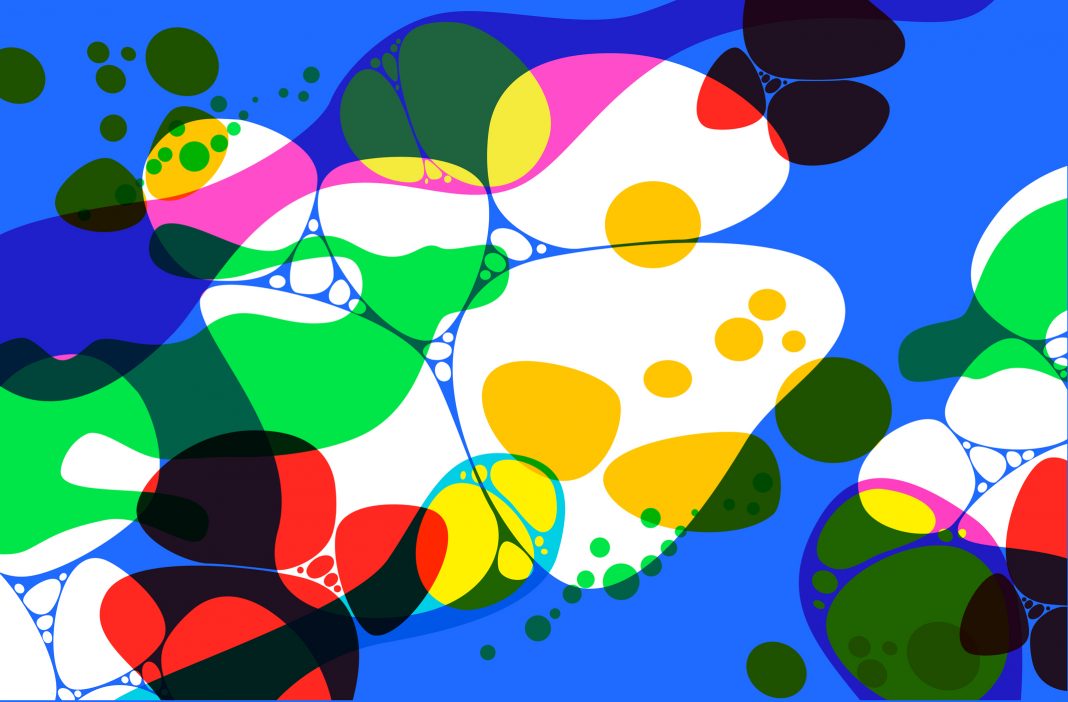Erika Dyck, Canada Research Chair in History of Health & Social Justice at the University of Saskatchewan, discusses changing attitudes to psychedelics and the challenges in forming a strong evidence base from available psychedelic research
As psychedelics re-emerge in the 21st century, their storied past continues to haunt their future. Tales have circulated of their entanglement in unethical medical research and implication in violent behaviours, including suicides and homicides. Psychedelics have even been blamed for turning an entire generation of young people to question authority and the values of a post-World War culture. Are psychedelics really to blame for these social divisions? I do not think that psychedelics are the problem, but they may be a symptom.
Psychedelic research
In the early 2000s, I was a graduate student trying to learn about the history of psychedelic experimentation in psychiatry. I spent months in the basement of a medical school library in Toronto, Canada, scouring journal collections from the 1950s. Historical records were still coming online, and most of these publications remained accessible only by physically visiting libraries and manually combing through the tables of contents in physical copies, usually without the help of indexes, let alone keyword searches.
Newspapers were no better. Only a handful of significant papers had begun to digitize their collections, meaning that local news stories or niche articles were more challenging to locate and required scrolling through microfilms on uncooperative machines that made research feel like searching for a needle in a haystack.
While locating textual records presented distinct challenges, oral histories were easier to come by. Despite their advancing ages, several key players were still in good health and were willing to talk with me. People like Humphry Osmond, who coined the word psychedelic; Duncan Blewett, who co-wrote one of the first guidebooks for the therapeutic use of LSD; and a few patients who had been treated with LSD for alcoholism, whose names my Research Ethics protocols required me to anonymize. Armed with a small tape recorder, I travelled to their homes or met in coffee shops, where we discussed the early days of psychedelic research.
Most of the more than 20 people I interviewed spoke about their experiences with pride. Each of the three male patients showed tremendous emotion when they discussed the treatment sessions. One wept as he told me that LSD saved his life. Abram Hoffer, a psychiatrist who had been at the heart of early psychedelic research in Canada, boldly predicted the hidden history would prevail and that psychedelics would once again emerge as viable therapeutic tools.
At age 85, he unwaveringly suggested that while this might take another 40 years, these substances were too important to ignore. Finding perspectives like Hoffer’s seemed rare, when the available books on the topic emphasized the unethical and unsavoury features of this history.
Changing attitudes
The ongoing resurgence of interest in psychedelics has changed the conversation. When I first approached colleagues of psychedelic researchers in the 2000s, some did not want to talk to me. They were instead eager to distance themselves from psychedelic research, insisting that they were not part of ‘that stuff’. Today, as attitudes towards psychedelic science relax, people increasingly come forward with accounts and records of their early experiments (medical and otherwise) and more readily provide claims of the unusual and important insights psychedelics brought them.
Major archives seek to collect personal papers and other remnants of this earlier period of psychedelic research, and rather than discard or move past this early era; we now seem eager to preserve it.
Meanwhile, the digital landscape has changed and grown dramatically over the past two decades. Scientific studies produced in the 1950s are now readily available online. We now have access to so much information about the psychedelic past that we may need to revise the existing histories to more accurately account for the range of information now available and translatable. Revisiting studies from the past makes the resurgence seem obvious, even inevitable, as information about the positive effects of psychedelics freely circulates in medical journals as well as on social media.
As a historian, this is an exciting moment as we face the prospect of more inclusive, accurate, and sophisticated studies of both historical experiments and those underway today. But the nature of evidence is also changing.
Evidence for using psychedelics
In the recent past, access to evidence about psychedelics was more challenging to acquire. In this dearth of evidence, certain features and narratives were repeated as they became ‘common knowledge’. Now that we have more information, we must revise those ‘truths’. Future historians will have a much more difficult task sifting through an overwhelming number and array of digital artefacts; contemporary decision-makers have an even more significant challenge. What evidence should be consulted to make ‘evidence-based policies’ regarding psychedelics?
Scientific studies are growing in number but pale compared to journalism and social media conversations that have created their tempo. Moreover, younger generations of digital natives not only discuss their psychedelic preferences online but can circumvent existing laws and regulations using the same medium. Policymakers and regulators face a Gordian knot: should psychedelic regulations follow best practices as defined by traditional academic research, or should bureaucrats also be engaging with TikTok or any other social media venues before wading into drug policy reforms aimed at promoting safety and reducing risk?
After all, although most people do not experience psychedelics in clinical settings, they do share their experiences and information about best practices in online forums.
While it is not entirely fair to divide society along generational lines when it comes to ‘digital literacy’, it is just the kind of cultural short-hand that came to characterize psychedelic enthusiasts in the 1960s, even though some of the most vocal proponents were older men with Ivy League degrees.

This work is licensed under Creative Commons Attribution-NonCommercial-NoDerivatives 4.0 International.


